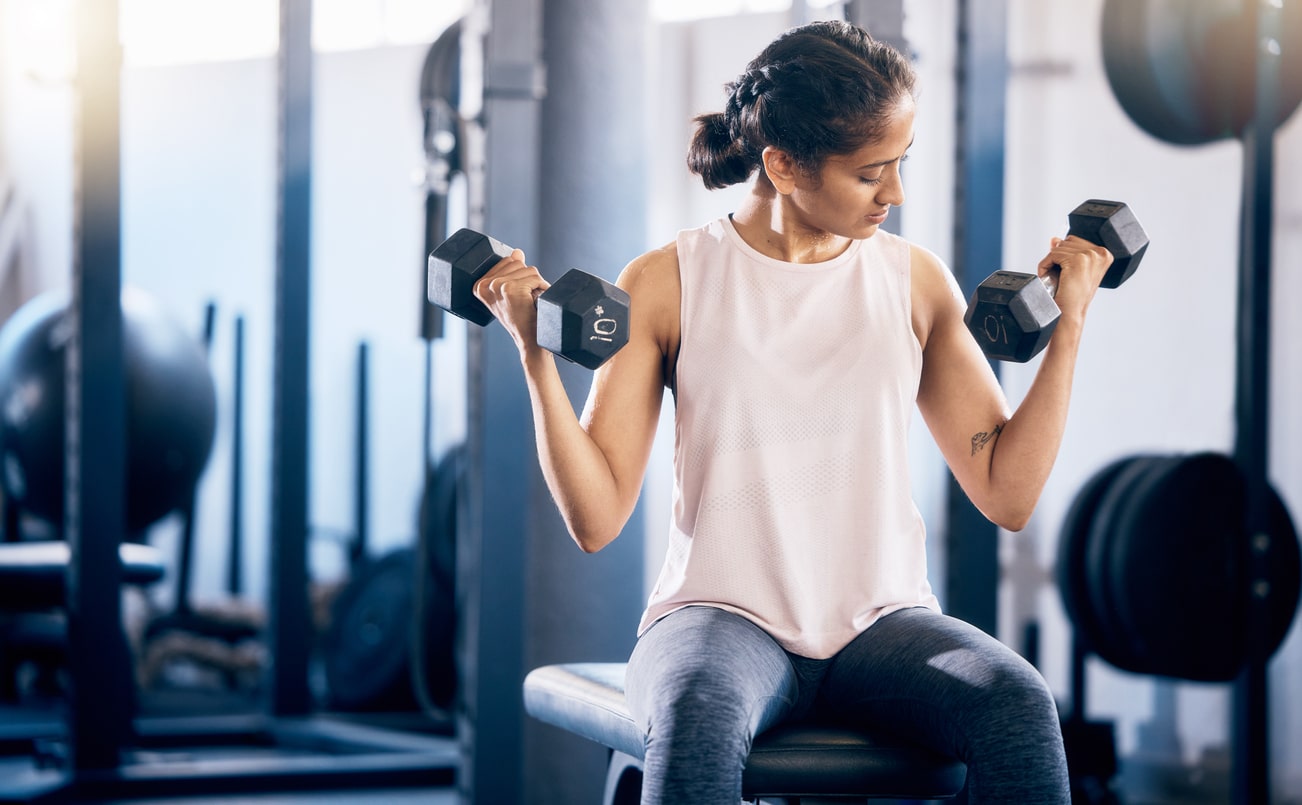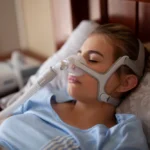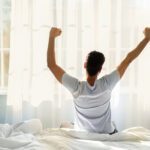What do Shaquille O’Neal, Warren Sapp, Percy Harvin, and Ryan Jensen have in common? While these athletes didn’t all play the same sport, or at the same time, they all suffer from sleep apnea and they’re not alone. Millions of people from all walks of life, at any age can suffer from sleep apnea. This includes a huge number of athletes, many of whom suffer from this sleep disorder for years before getting tested. If only they knew to get tested… it could significantly improve their performance on the field and their quality of life off it. Ryan Jensen, Buccaneers Center and Super Bowl Champion, said in an interview with ABC News that his sleep apnea diagnosis saved his career. Since his treatment, Jensen has gone on to play almost all of his teams offensive snaps from 2017 through 2021 and was a key piece in Tampa Bay’s Super Bowl run in the 2020 season.
Shaquille O’Neal, one of the most popular basketball players of all time, also struggled with sleep apnea. When speaking about getting treated, Shaq said: “I had to really get checked out. When they hit you with that three letter word that starts D and ends with E, it changes stuff up.” Shaq also noted that he is doing much better after getting treatment.
A quick explanation of sleep apnea
When you have sleep apnea, your airways become obstructed throughout the night, causing your body to repeatedly wake up to open your airways. As a result, when you wake up you may feel like you have not slept at all, and this can greatly affect your productivity and performance.
Some of the known links between sleep apnea and performance include: increased instances of injury, decreased endurance, decreased metabolism, and increased pain. We will go into these in greater detail later in this article.
Here are some stats about athletes and sleep apnea
Studies have estimated that about 14-19% of NFL players have sleep apnea, including one study which reported that 50% of retired NFL players who were included in the study had suffered from it.
An issue for many athletes (and particularly NFL players) that makes them more susceptible to sleep apnea is that they have larger necks than the average person. This characteristic might be due to weight lifting and the larger physique that is often required for contact sports. According to the National Institutes of Health, having a thicker neck can contribute to the thickening of one’s windpipe. A thicker windpipe means that it’s harder for air to pass through, even when the muscles are relaxed and especially when the person is asleep.
However, even if you’re built more like a wide receiver than an offensive lineman, sleep apnea can still affect you. Percy Harvin is a former NFL Wide Receiver known for his speed and agility. At 5’11” and 184 lbs does not fit the typical profile of an athlete susceptible to sleep apnea yet he collapsed at practice in 2010 due to his untreated sleep apnea. After getting treated Harvin was able to have a successful career, and is known as one of the most exciting NFL players in the 2010s (you can watch some of his highlights here).
How exactly does sleep apnea affect athletes
To put it simply, sleep apnea inhibits your ability to achieve a good night’s sleep and therefore leaves you feeling tired and less productive. Researchers have conducted many studies on this topic, which show strong correlations between decreased quality and duration of sleep, and lessened performance. One study surveyed 600 athletes and found that sleep duration and quality in the days leading up to competition can significantly affect the outcome of an athlete’s performance.
Other studies have found that sleep deprivation—which is worsened by untreated sleep disorders—can decrease total sprint times, accuracy in tennis serves, and reaction time. In each of these studies, researchers first conducted baseline tests, followed by performance testing after the athletes had conformed to a shortened sleep schedule the night before. The study for serve accuracy in tennis showed “significant impairment to serving accuracy after sleep restriction.” In addition, “caffeine had no beneficial effect for those on the shortened sleep schedule.” In the study that focused on reaction time, researchers collected data using college student athletes before and after one night of sleep deprivation. The results showed that short-term sleep deprivation “adversely affects cognitive function such as reaction time.” Overall, there is no reason to leave sleep apnea untreated as it will only harm your athletic performance and overall quality of life.
What Can You Do?
Download the Ognomy app on your smartphone! Ognomy can help diagnose and treat your OSA to start you on your journey to better sleep and increased athletic performance.
For more information, contact us or install Ognomy today to book your first virtual consultation.












